
One Planet Podcast · Climate Change, Politics, Sustainability, Environmental Solutions, Renewable Energy, Activism, Biodiversity, Carbon Footprint, Wildlife, Regenerative Agriculture, Circular Economy, Extinction, Net-Zero
Author: Creative Process Original Series
Subscribed: 24Played: 641Description
The story of our environment may well be the most important story this century. We focus on issues facing people and the planet. Leading environmentalists, organizations, activists, and conservationists discuss meaningful ways to create a better and more sustainable future.
Participants include EARTHDAY.ORG, U.S. Environmental Protection Agency, Environmental Defense Fund, Greenpeace, UNESCO World Heritage Centre, PETA, European Environment Agency, Peter Singer, 350.org, The Nature Conservancy, UNESCO Mahatma Gandhi Institute of Education for Peace and Sustainable Development, Citizens’ Climate Lobby, Rob Nixon, Rob Gonen, Martín von Hildebrand, FSG Reimagining Social Change, Earth System Governance Project, Forest Stewardship Council, Global Witness, National Council for Climate Change, Sustainable Development and Public Leadership, Marine Stewardship Council, One Tree Planted, Polar Bears International, EarthLife Africa, Shimon Schwarzschild, and GAIA Centre, among others.
Interviews conducted by artist, activist, and educator Mia Funk with the participation of students and universities around the world. the net Podcast Is part of The Creative Process’ environmental initiative.
Copyright 2021
team@oneplanetpodcast.org



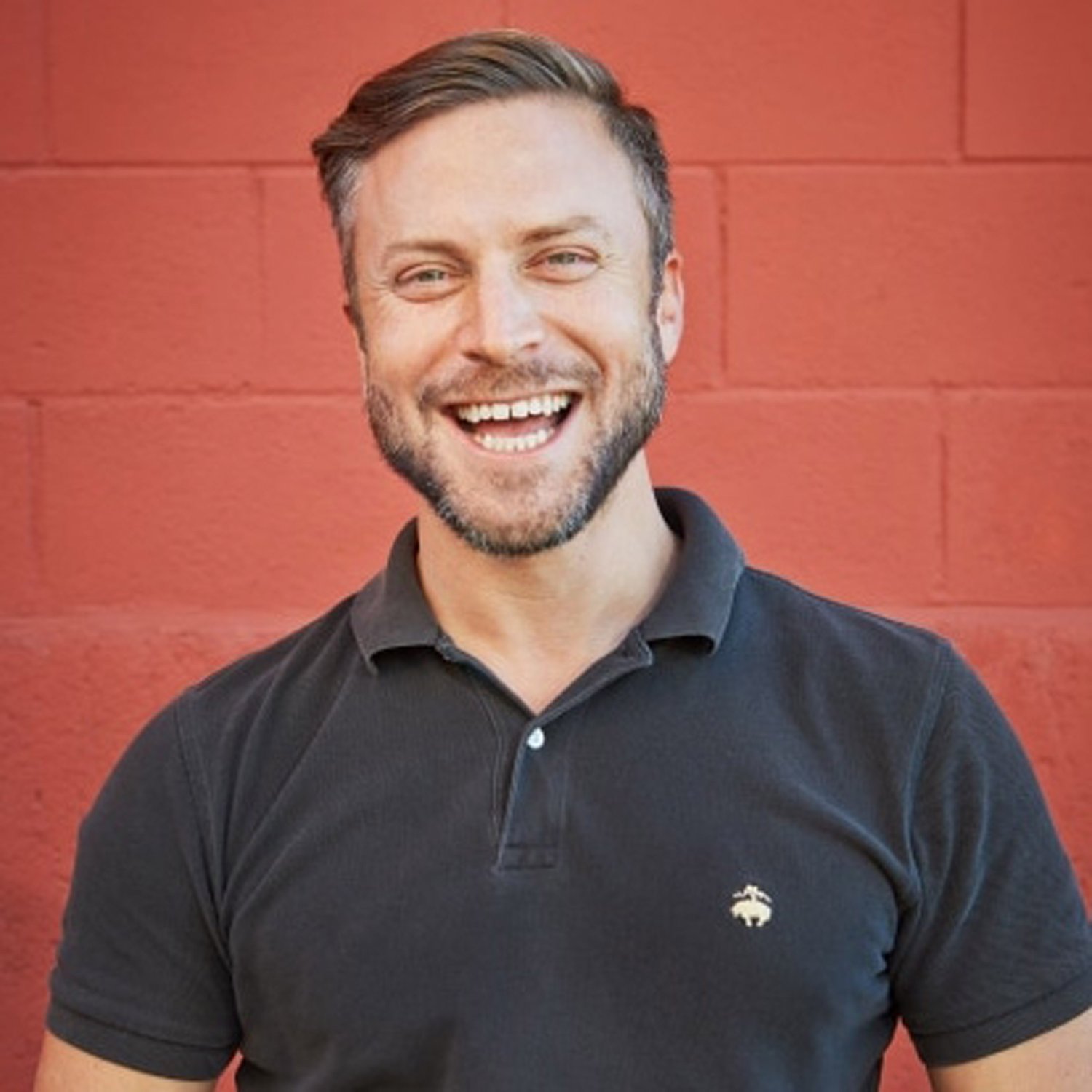
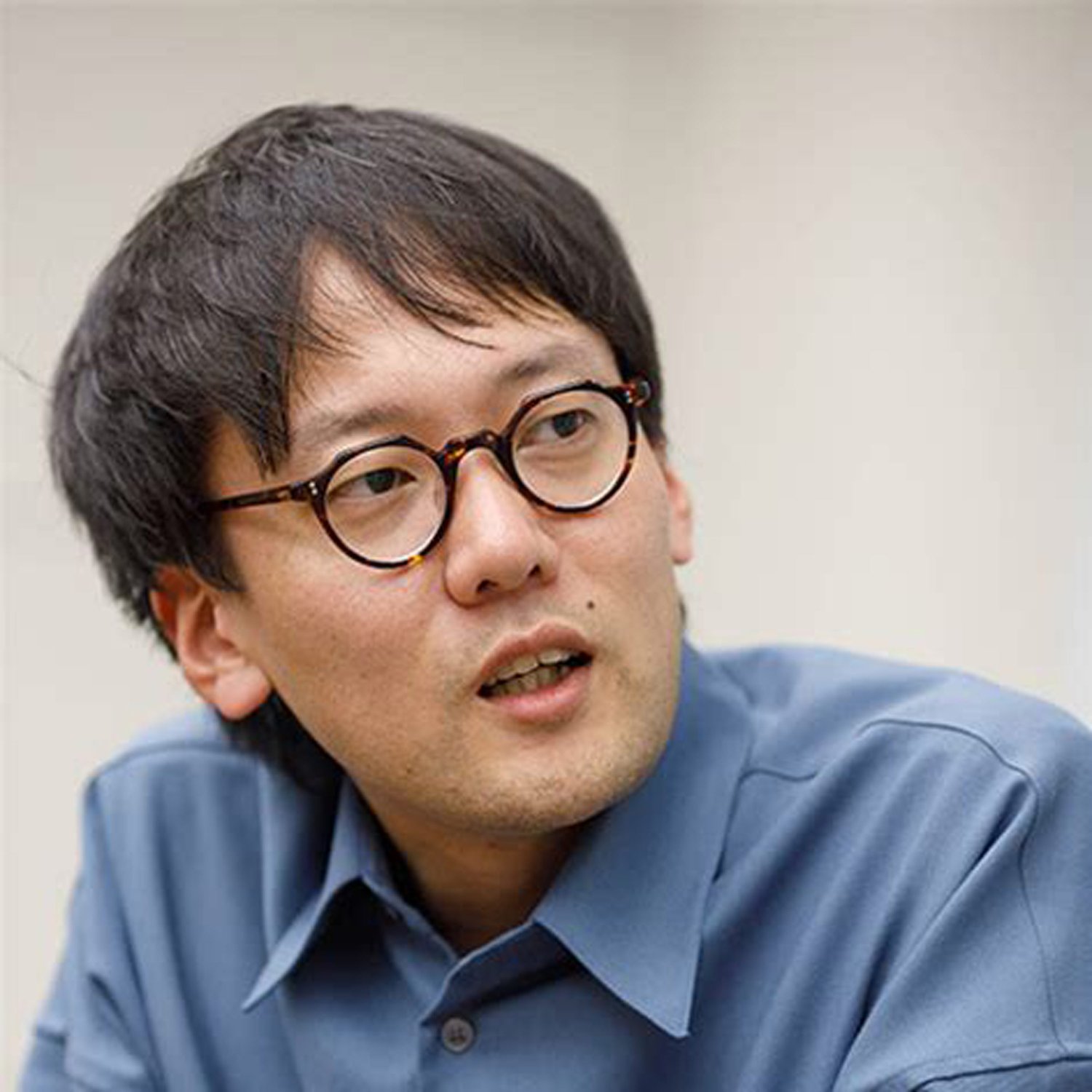

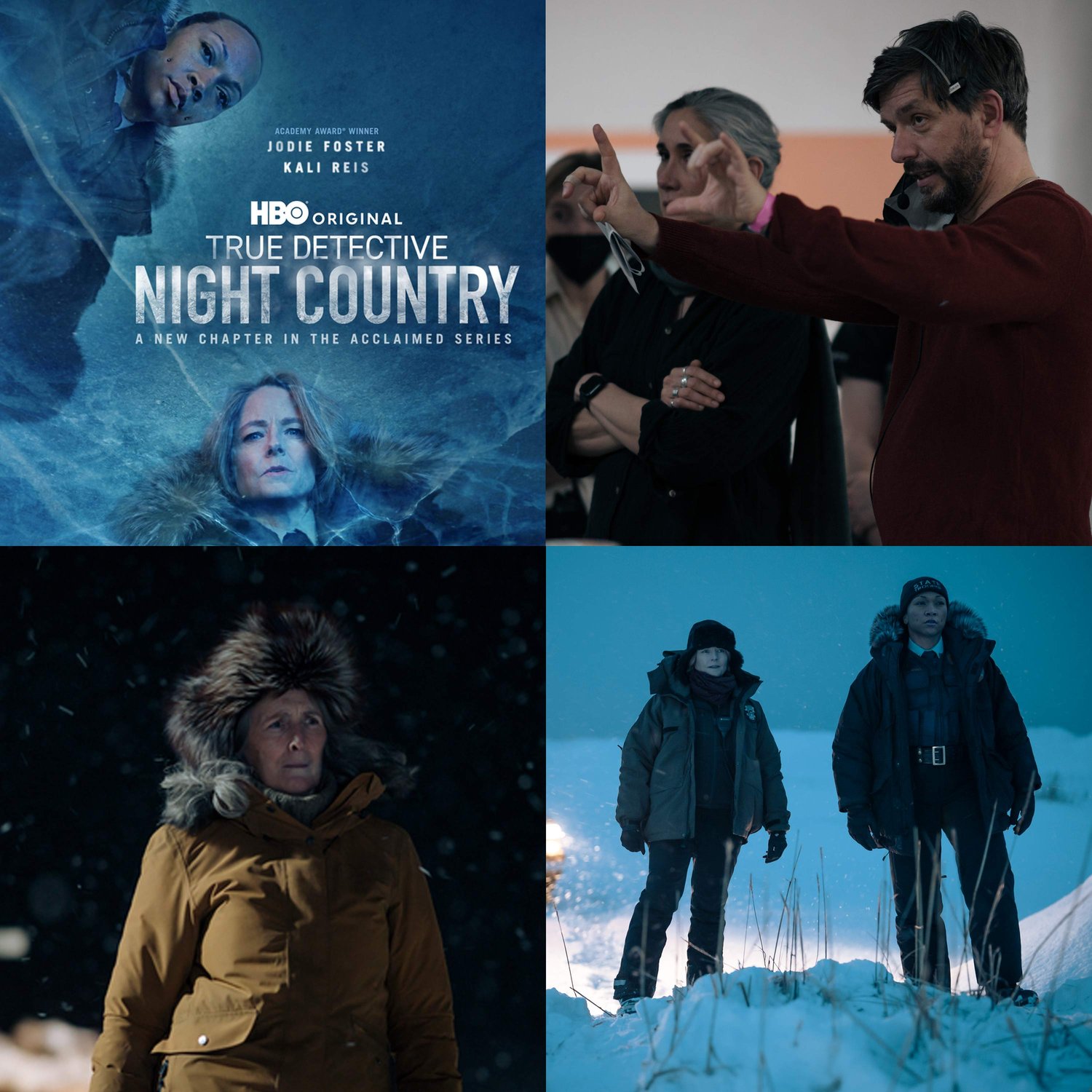
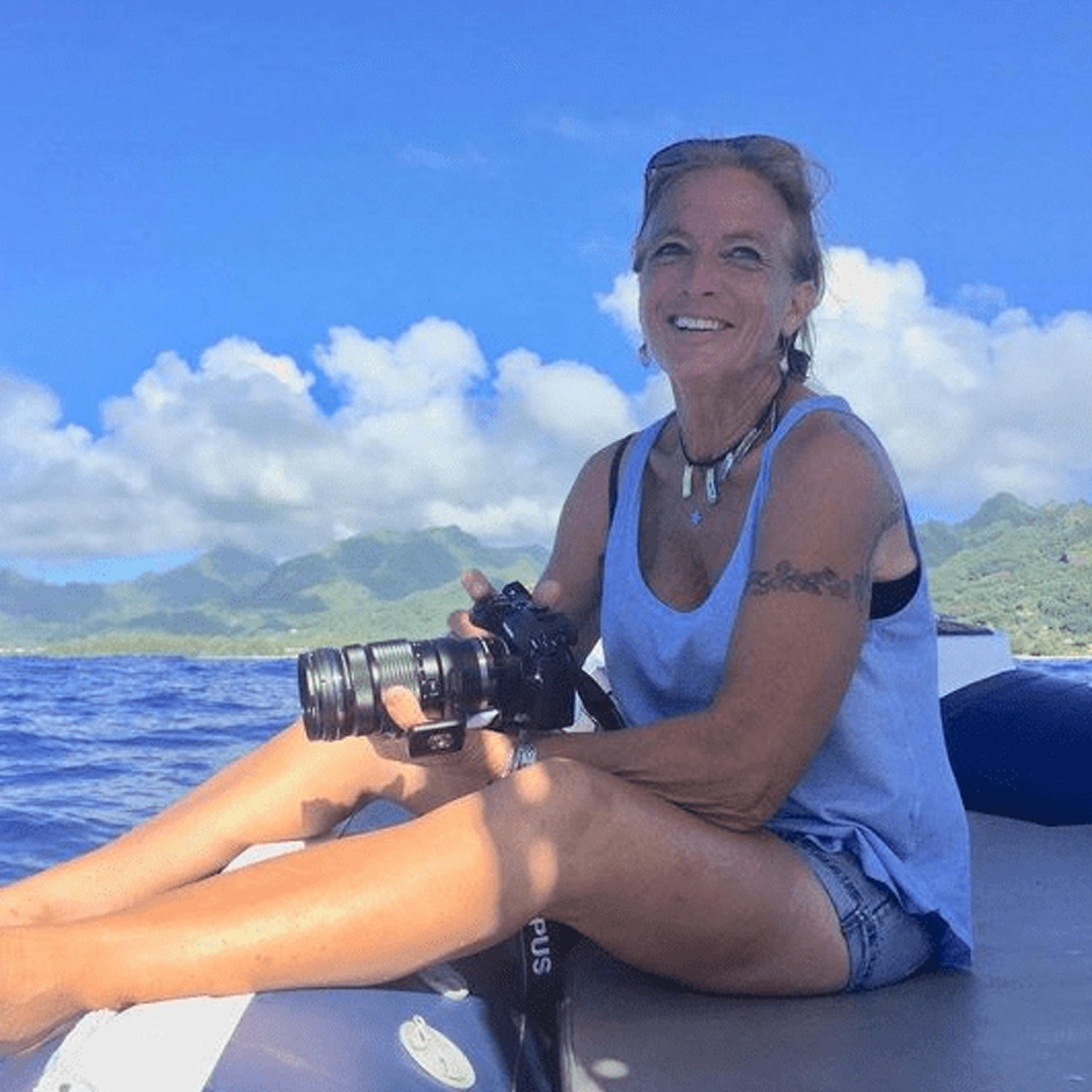




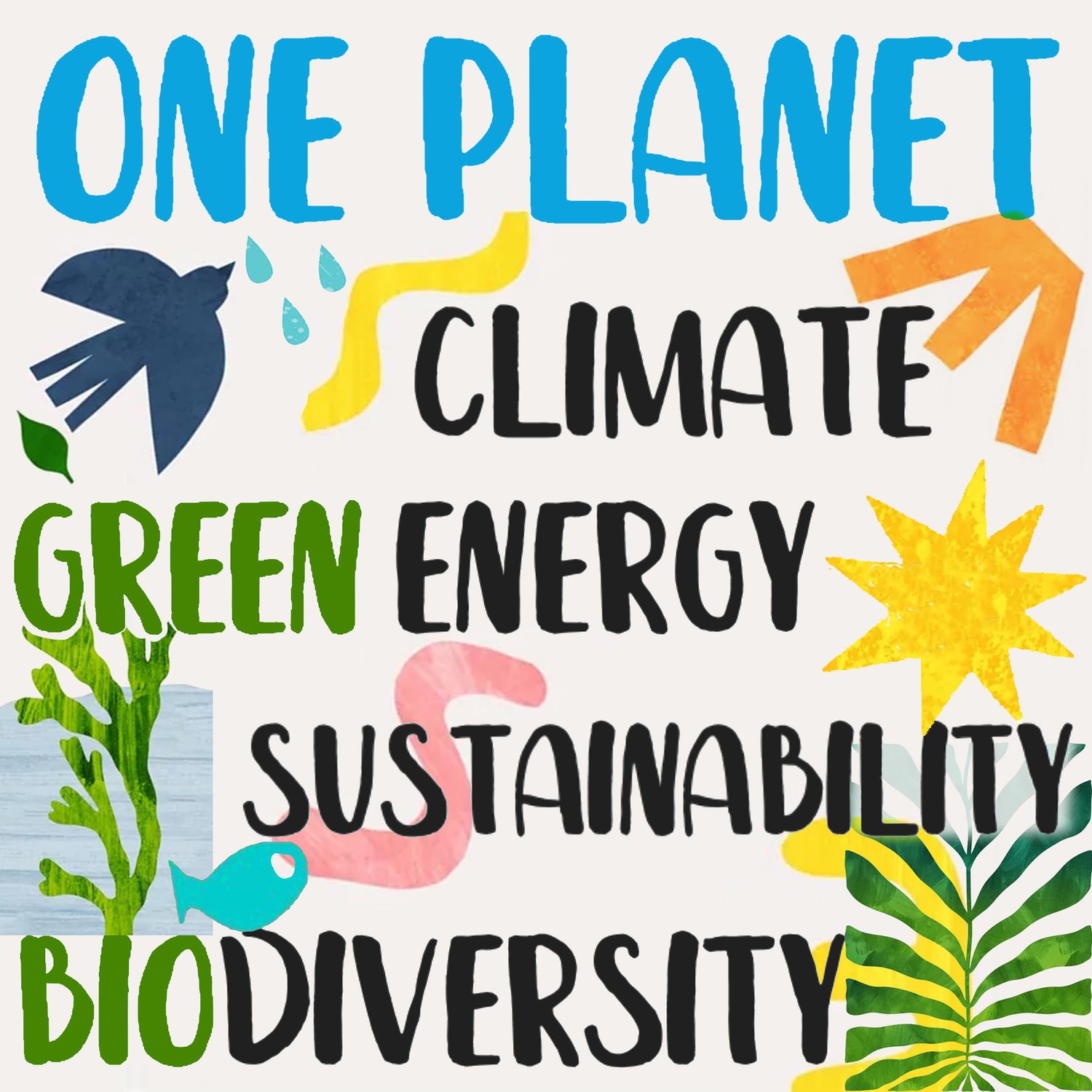
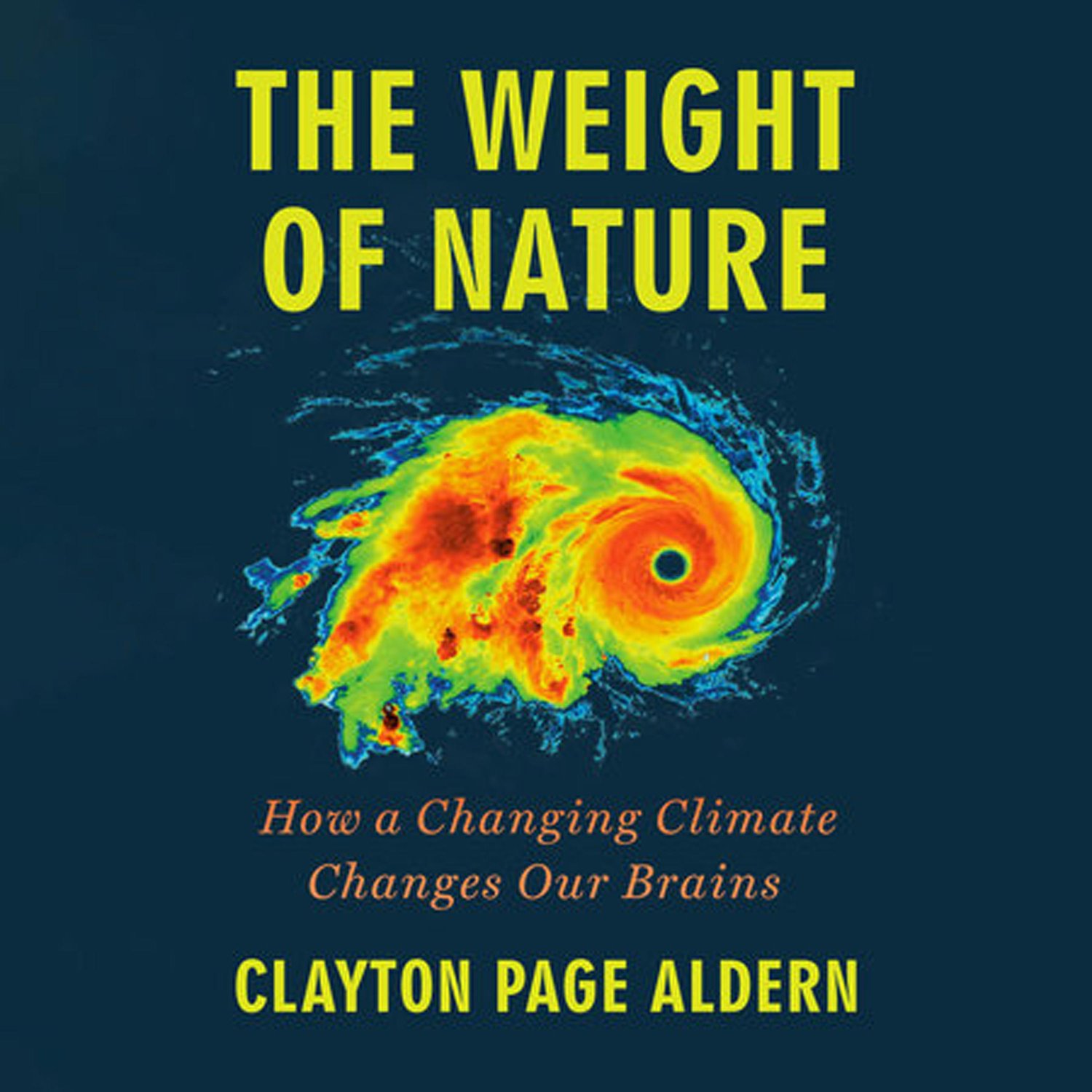
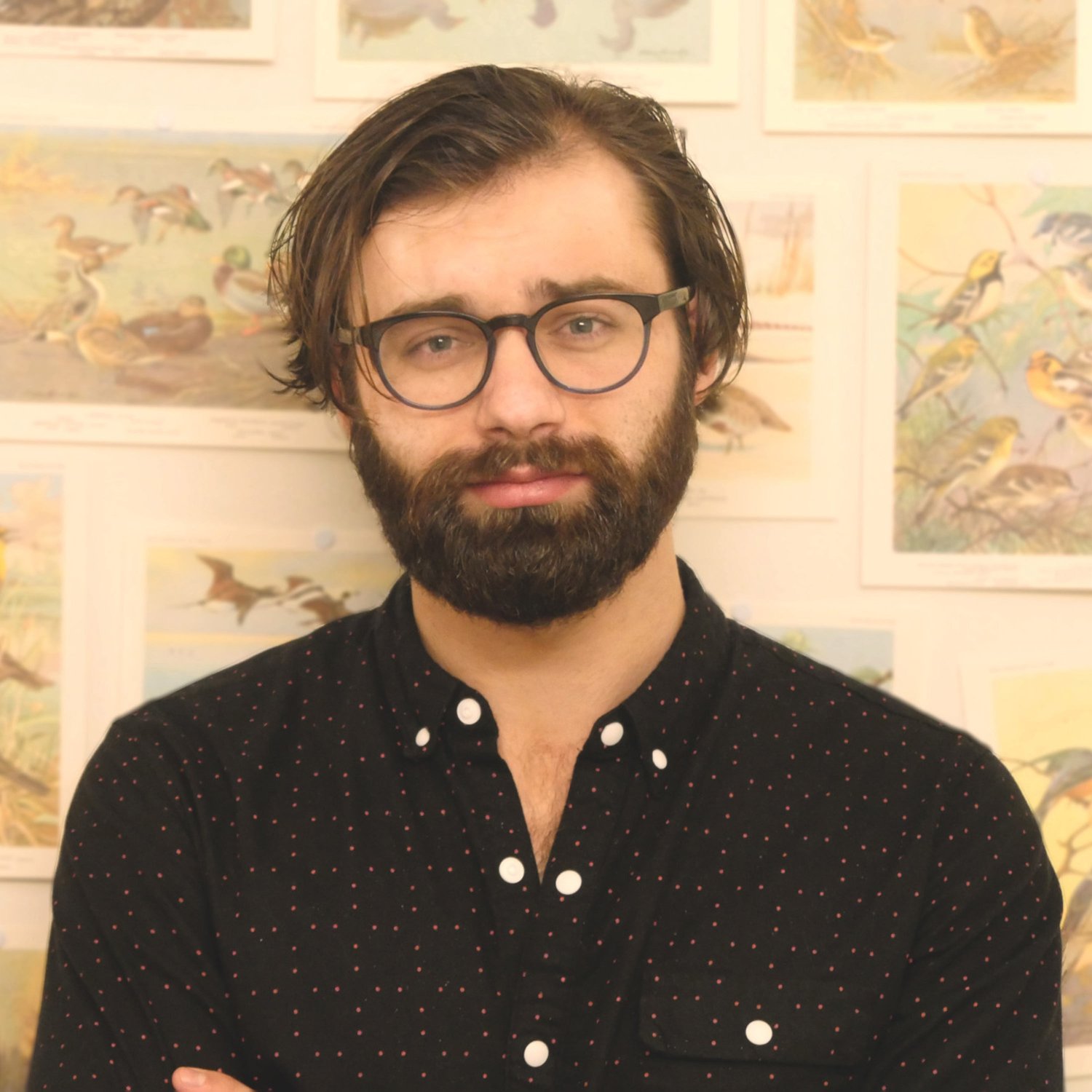
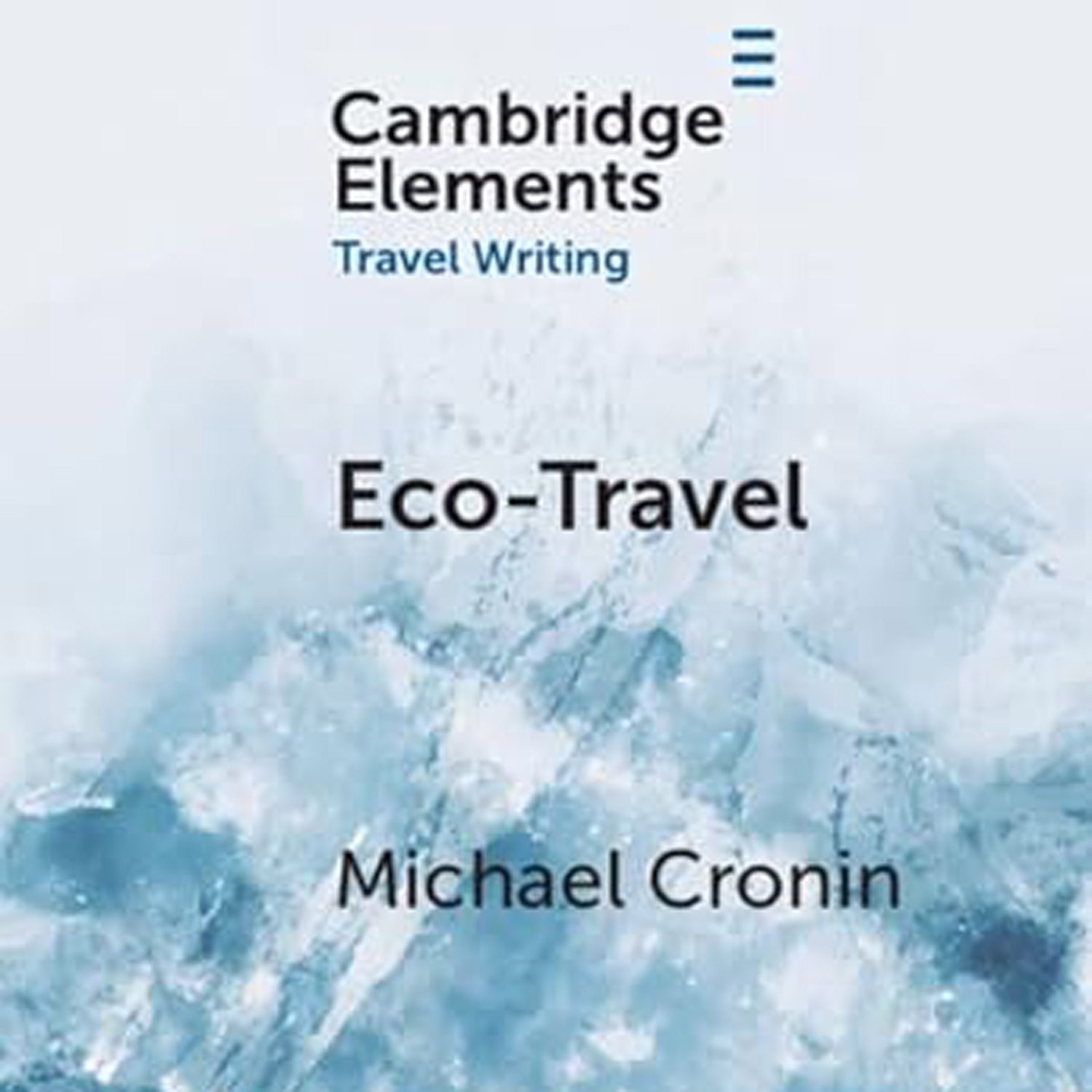
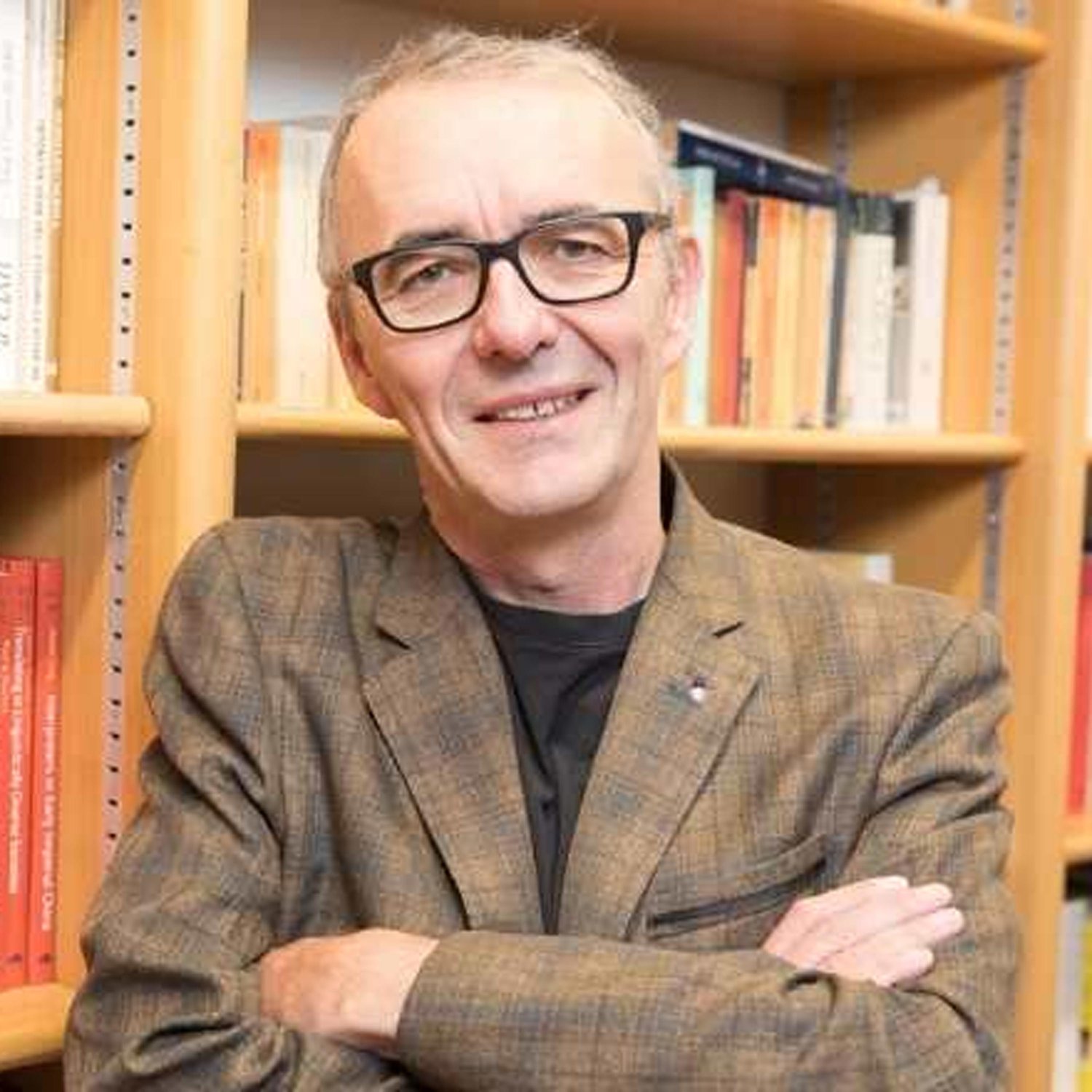


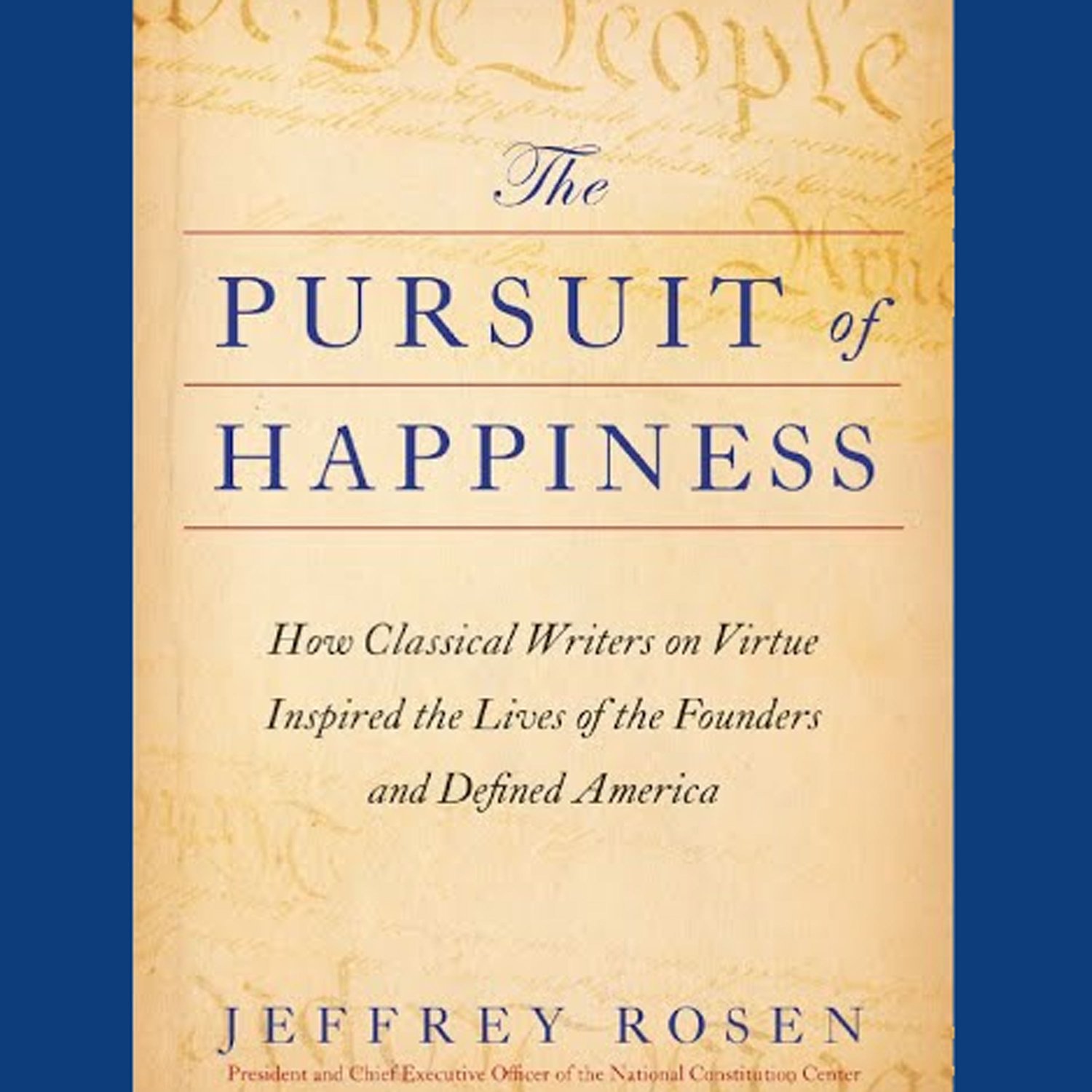





Awesome interviews and very informative!